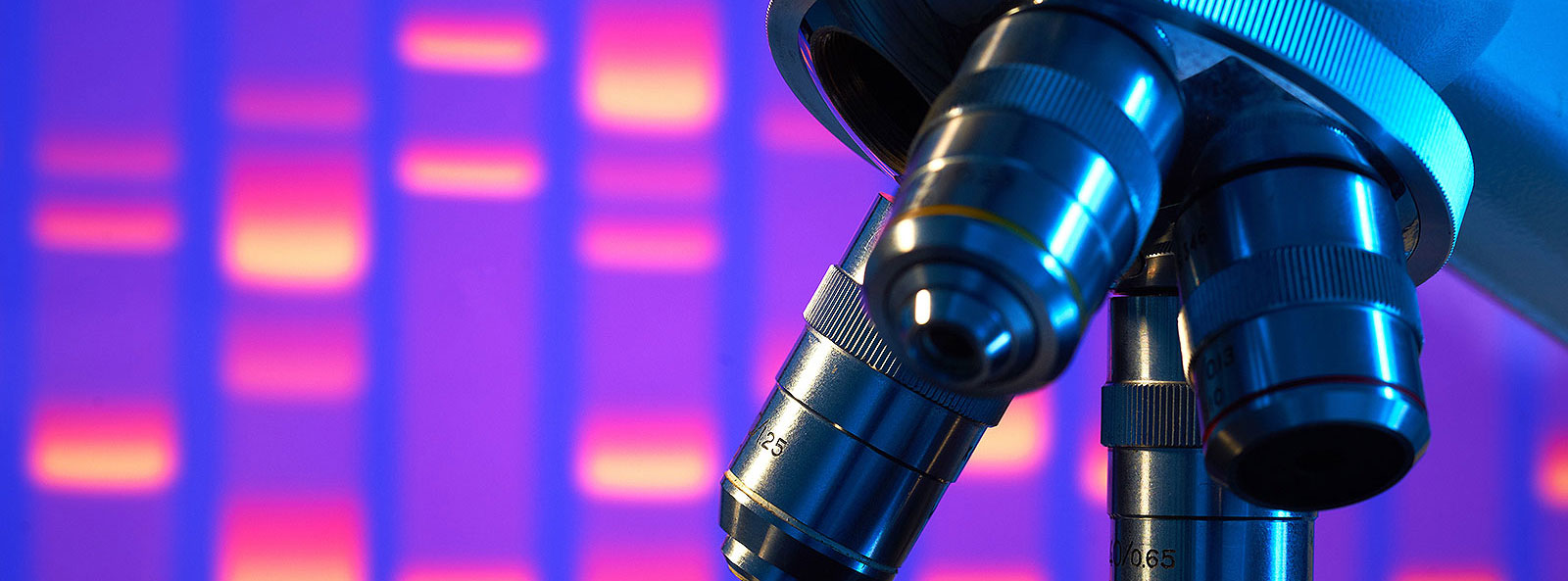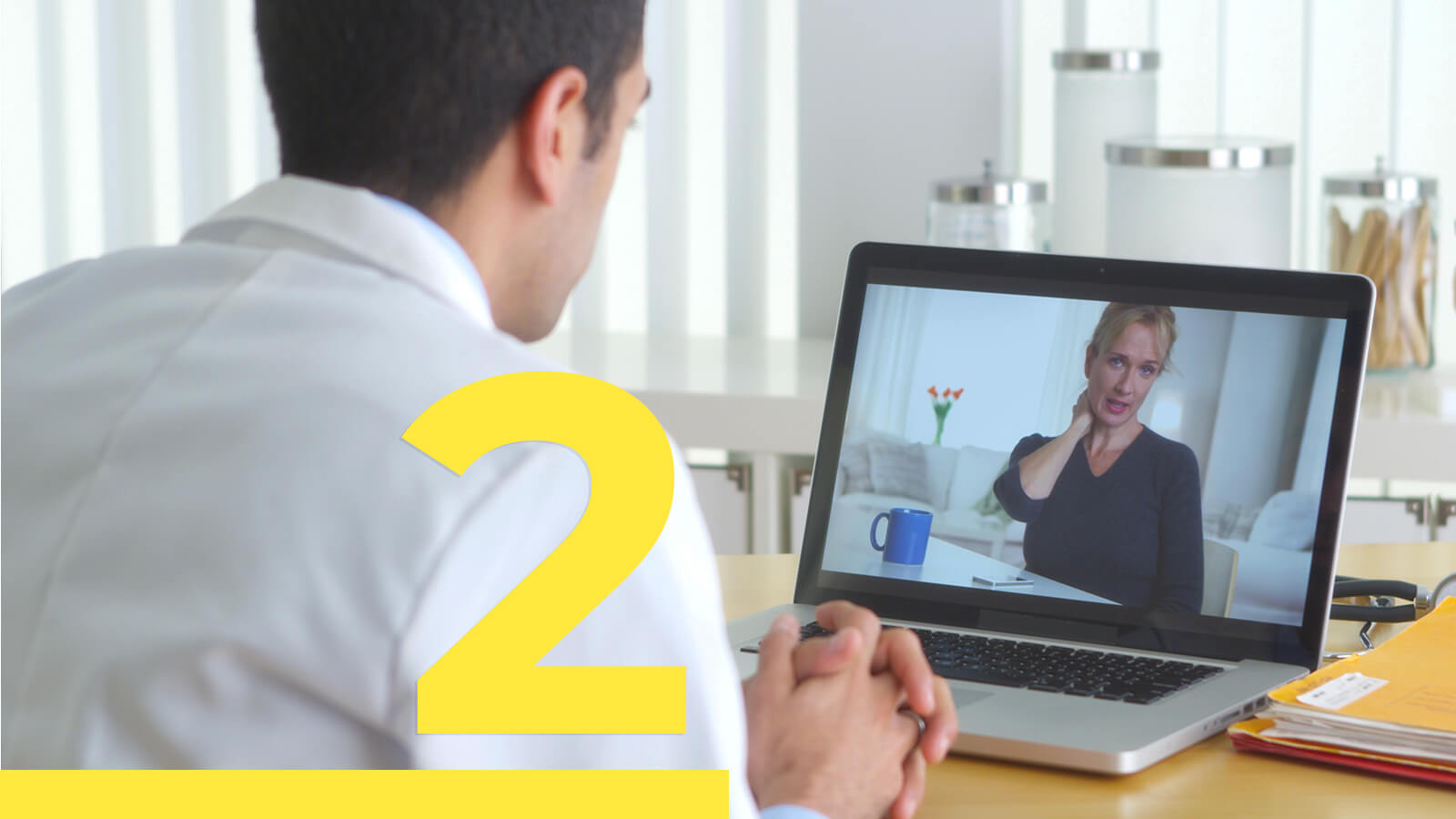
Cancer
Physical activity and exercise in cancer
If you are being treated for cancer or recovering from treatment, you probably think it is important to rest and not exert yourself. However, studies show that exercise is beneficial for most cancer patients during and after treatment.
Exercise helps relieve some of the common side effects of cancer treatment, such as: fatigue, anemia, poor quality of life, low psychological state, decreased muscle mass, heart problems, bone problems, or lymphoedema.
Exercise also speeds up recovery and improves the quality of life. In some types of cancer, exercise may even improve the response to treatment. Furthermore, physical activity, in conjunction with a healthy diet, can help reduce the chance of cancer recurrence as well as other health issues such as heart disease and diabetes.
Depending on the type and stage of the cancer as well as any unique side effects following treatment, exercise is specifically designed by specialists for each patient based on their condition.
• it decreases the likelihood of adverse effects specific to cancer treatments (fatigue, neuropathy, lymphoedema, osteoporosis, and nausea),
• it reduces the risk of depression and anxiety,
• it helps you stay as active and independent as possible,
• it prevents muscular mass loss,
• it reduces obesity, which increases cancer risk,
• it improves sleep quality,
• it alleviates pain,
• it improves the effectiveness of antitumor treatments,
• it improves survival rates in certain cancers (e.g. breast and colorectal cancer),
• it reduces the risk of cancer recurrence,
• it prevents the development of chronic diseases such as heart disease and diabetes,
• it enhances the quality of life.
• Breathing exercises. Some cancer patients may experience breathing difficulties, which can prevent them from being physically active. Breathing exercises facilitate the movement of air in and out of your lungs, which can improve your resilience. These exercises can also help reduce stress and anxiety.
• Stretching. Your posture and flexibility can both be improved with regular stretching. Stretching facilitates recovery by increasing the amount of blood and oxygen reaching the muscles. Stretching is especially beneficial if you have been inactive while recovering from cancer treatments like radiotherapy, which can restrict your range of motion and cause your muscles to stiffen.
• Balance exercises. Cancer and its treatment can cause a loss of balance. Balance exercises can help you regain the mobility you need to resume your everyday activities.
• Aerobic exercise. Also known as cardio, they are a category of exercises that increase your heart rate. They strengthen the heart and lungs and can help you feel less tired during and after treatment. Walking is an easy way to engage in aerobic exercise. Your doctor can advise you on how much time you should spend walking, such as 40-50 minutes, three or four times a week, at a moderate pace.
• Strength training. Muscle mass is frequently lost when the patient is less active during treatment and recovery. Some treatments may also lead to muscular weakness. Strength training or resistance training, aids in the maintenance and development of strong muscles. Increased muscle mass can help you improve your balance, reduce fatigue, and make daily activities easier. It is also useful in preventing osteoporosis, a bone disorder sometimes caused by certain cancer treatments.
Exercise also speeds up recovery and improves the quality of life. In some types of cancer, exercise may even improve the response to treatment. Furthermore, physical activity, in conjunction with a healthy diet, can help reduce the chance of cancer recurrence as well as other health issues such as heart disease and diabetes.
Depending on the type and stage of the cancer as well as any unique side effects following treatment, exercise is specifically designed by specialists for each patient based on their condition.
Benefits
A well-designed exercise plan tailored to your personal condition provides the following benefits:• it decreases the likelihood of adverse effects specific to cancer treatments (fatigue, neuropathy, lymphoedema, osteoporosis, and nausea),
• it reduces the risk of depression and anxiety,
• it helps you stay as active and independent as possible,
• it prevents muscular mass loss,
• it reduces obesity, which increases cancer risk,
• it improves sleep quality,
• it alleviates pain,
• it improves the effectiveness of antitumor treatments,
• it improves survival rates in certain cancers (e.g. breast and colorectal cancer),
• it reduces the risk of cancer recurrence,
• it prevents the development of chronic diseases such as heart disease and diabetes,
• it enhances the quality of life.
Types of exercises recommended
A safe and efficient exercise program during and after cancer treatment should include a variety of different types of exercise, such as:• Breathing exercises. Some cancer patients may experience breathing difficulties, which can prevent them from being physically active. Breathing exercises facilitate the movement of air in and out of your lungs, which can improve your resilience. These exercises can also help reduce stress and anxiety.
• Stretching. Your posture and flexibility can both be improved with regular stretching. Stretching facilitates recovery by increasing the amount of blood and oxygen reaching the muscles. Stretching is especially beneficial if you have been inactive while recovering from cancer treatments like radiotherapy, which can restrict your range of motion and cause your muscles to stiffen.
• Balance exercises. Cancer and its treatment can cause a loss of balance. Balance exercises can help you regain the mobility you need to resume your everyday activities.
• Aerobic exercise. Also known as cardio, they are a category of exercises that increase your heart rate. They strengthen the heart and lungs and can help you feel less tired during and after treatment. Walking is an easy way to engage in aerobic exercise. Your doctor can advise you on how much time you should spend walking, such as 40-50 minutes, three or four times a week, at a moderate pace.
• Strength training. Muscle mass is frequently lost when the patient is less active during treatment and recovery. Some treatments may also lead to muscular weakness. Strength training or resistance training, aids in the maintenance and development of strong muscles. Increased muscle mass can help you improve your balance, reduce fatigue, and make daily activities easier. It is also useful in preventing osteoporosis, a bone disorder sometimes caused by certain cancer treatments.
How can you become a patient of our clinic?
Throughout the whole process, from your initial contact, through treatment and after you leave our clinic, our patient coordinators will guide you through the steps and support you with all their expertise, attention and kindness.
*
We are here to help you
Our patient coordinator will contact you soon
Phone: +40.771.518.946, e-mail: office@imuno-medica.ro




